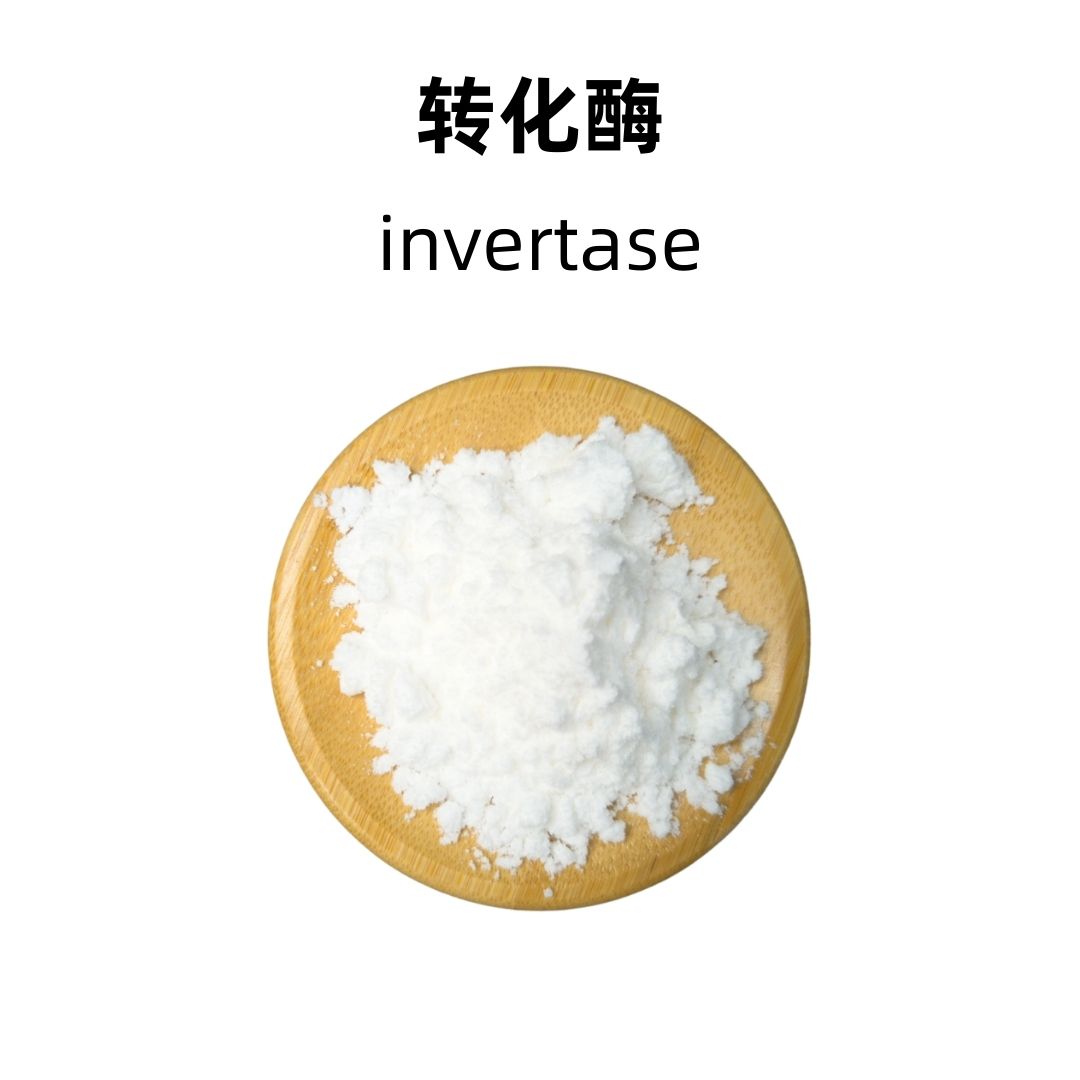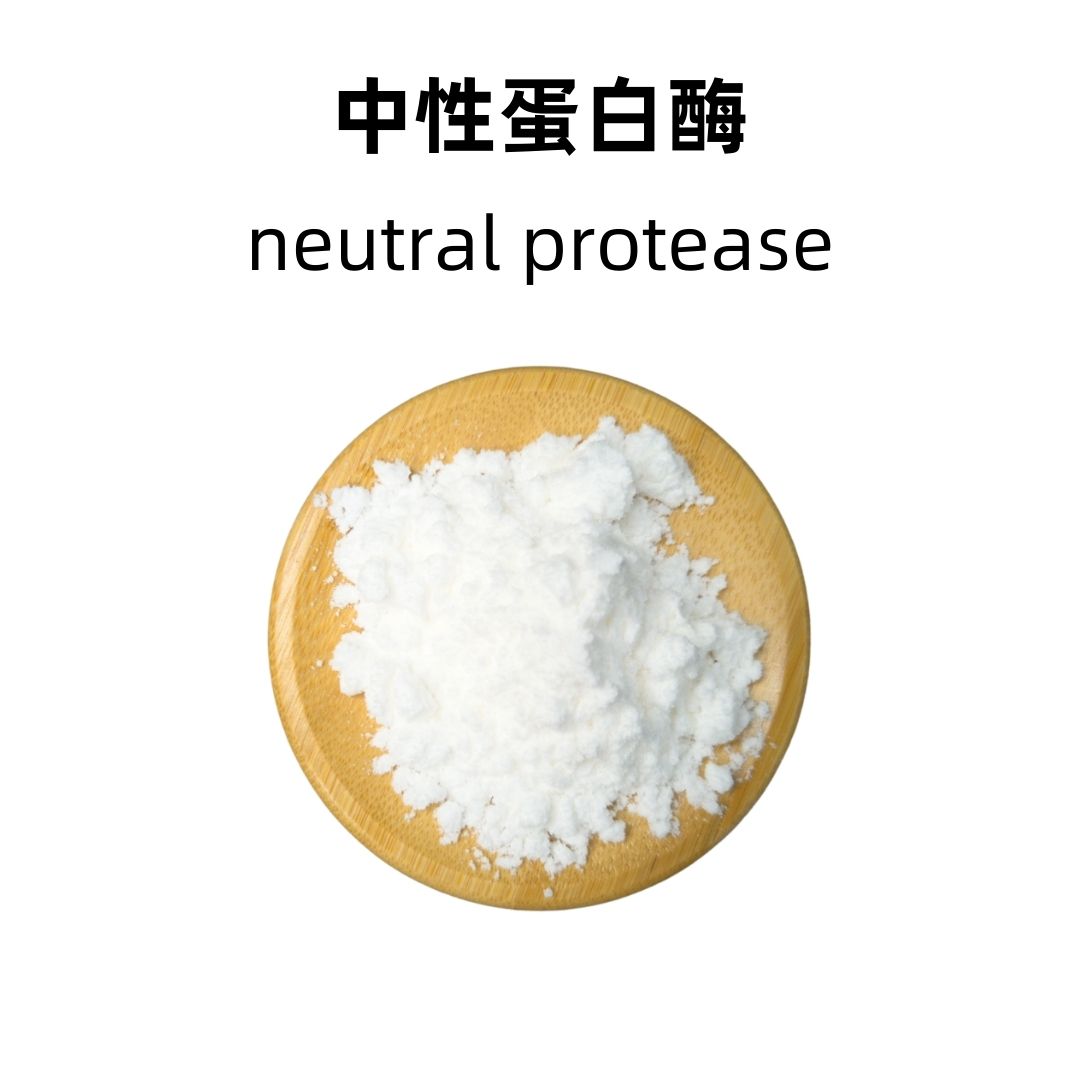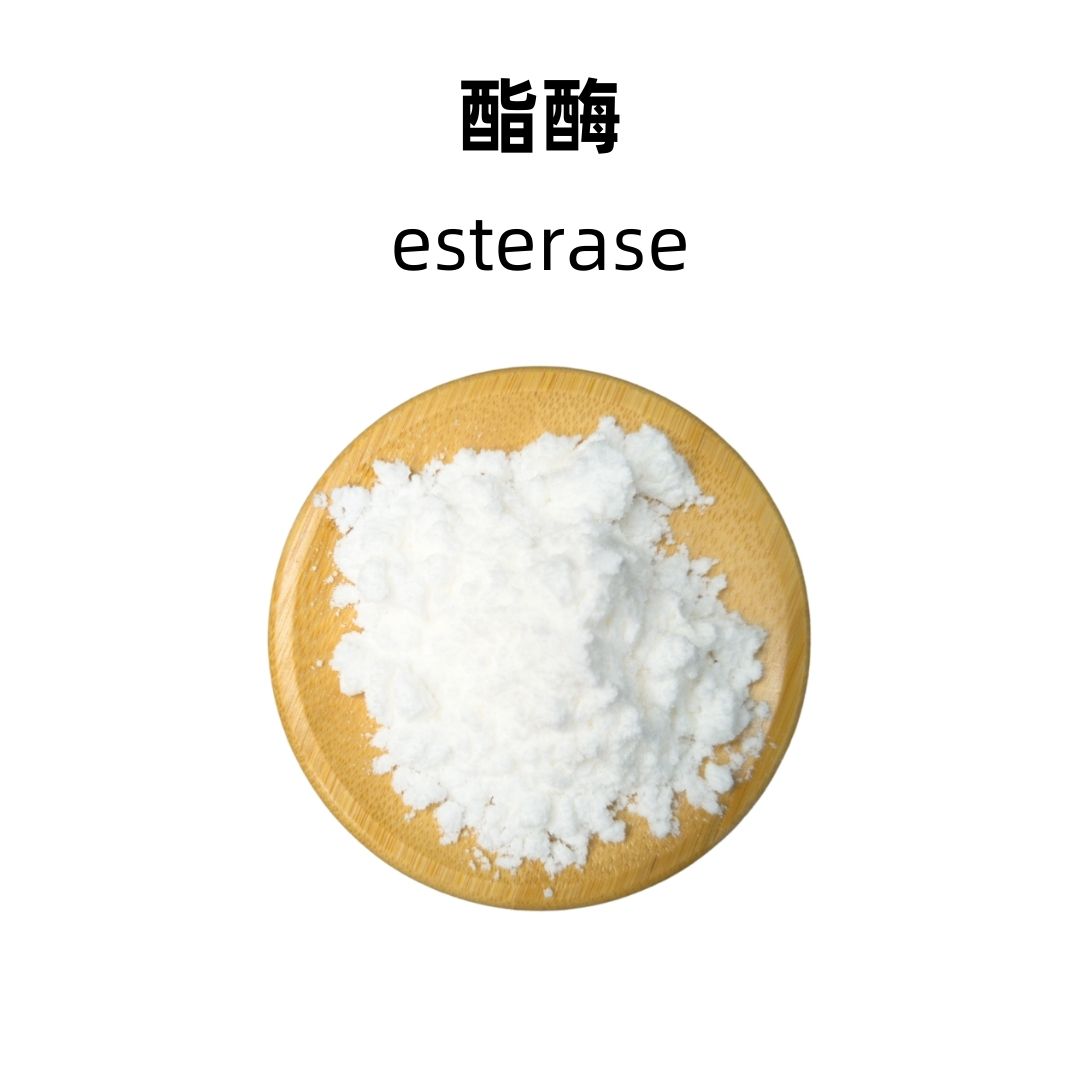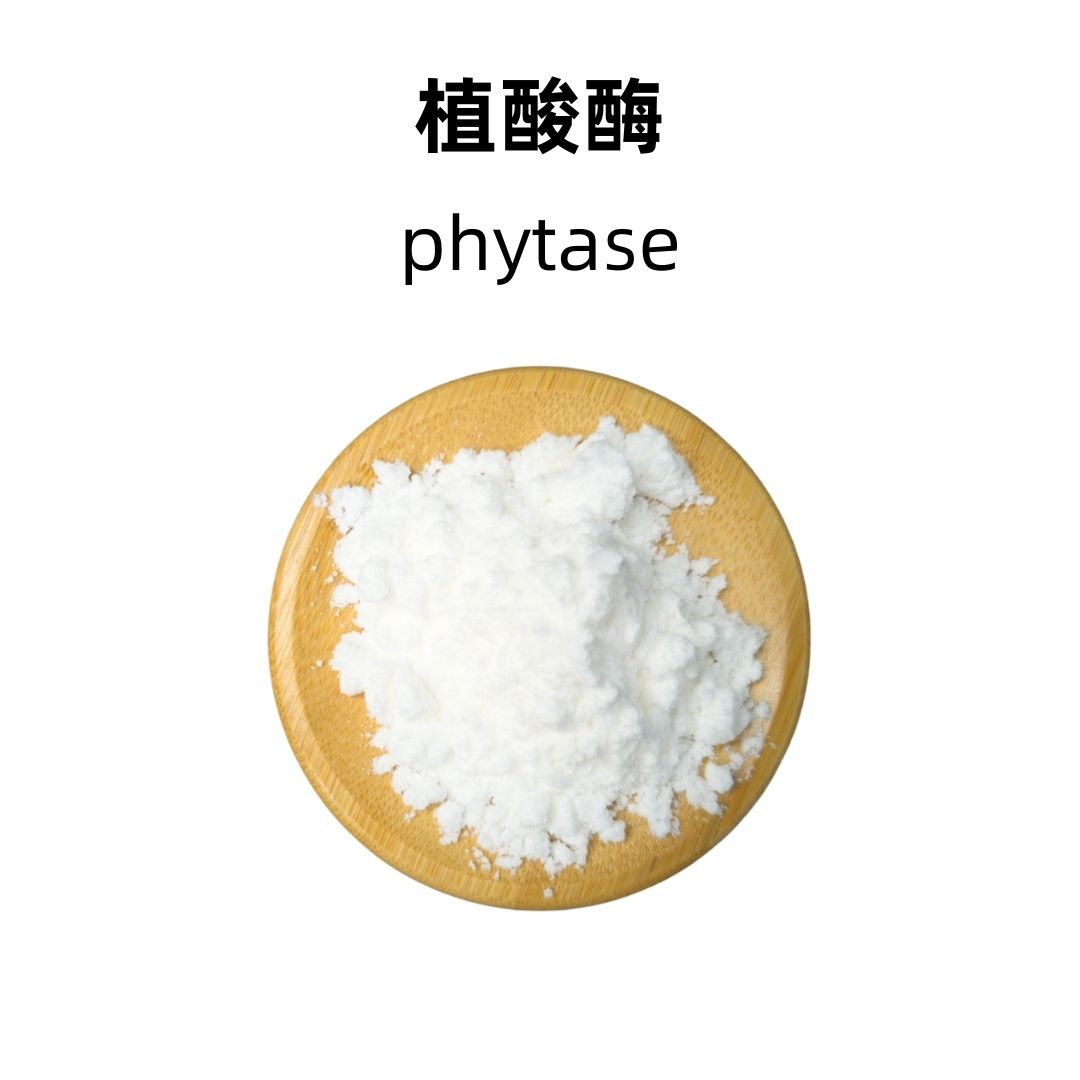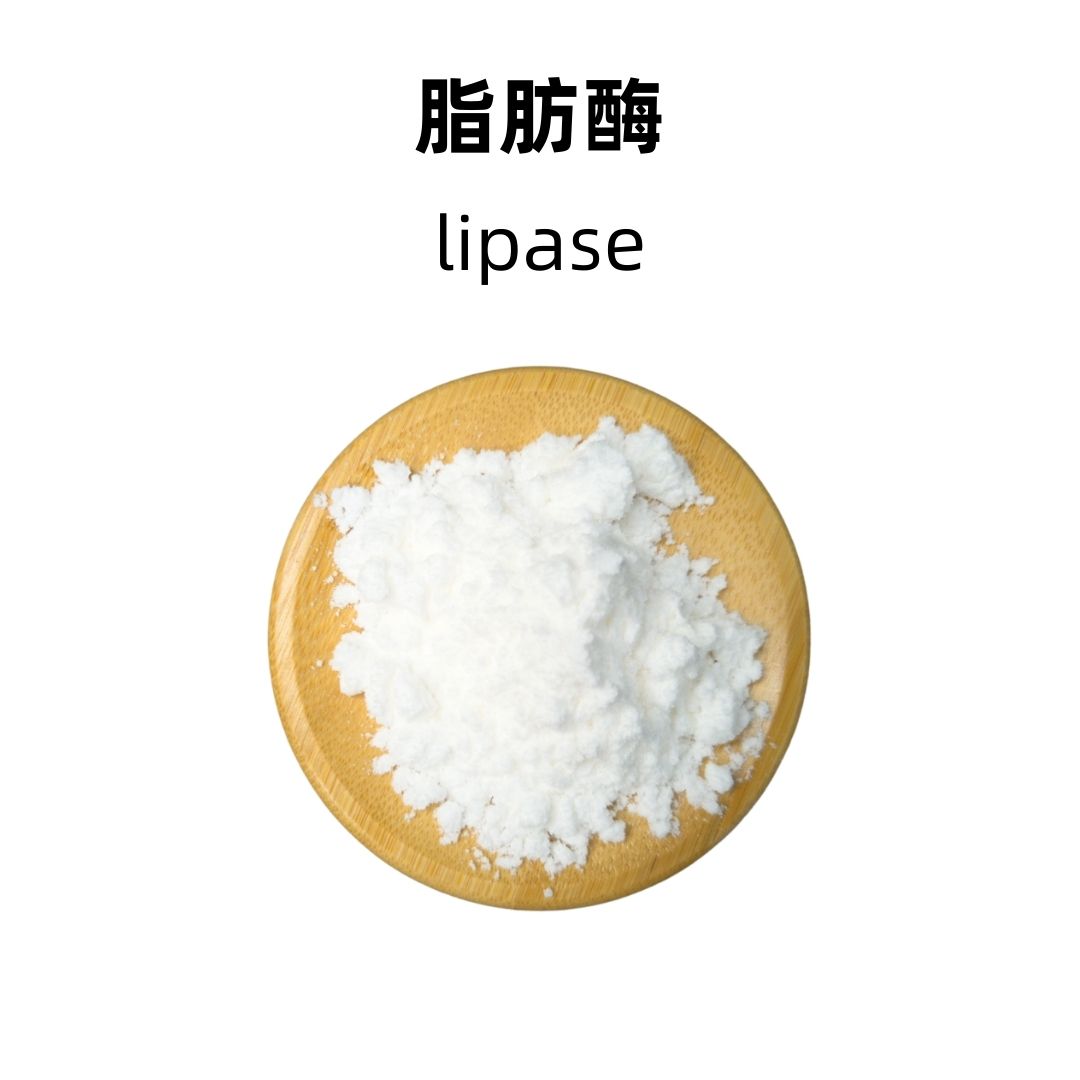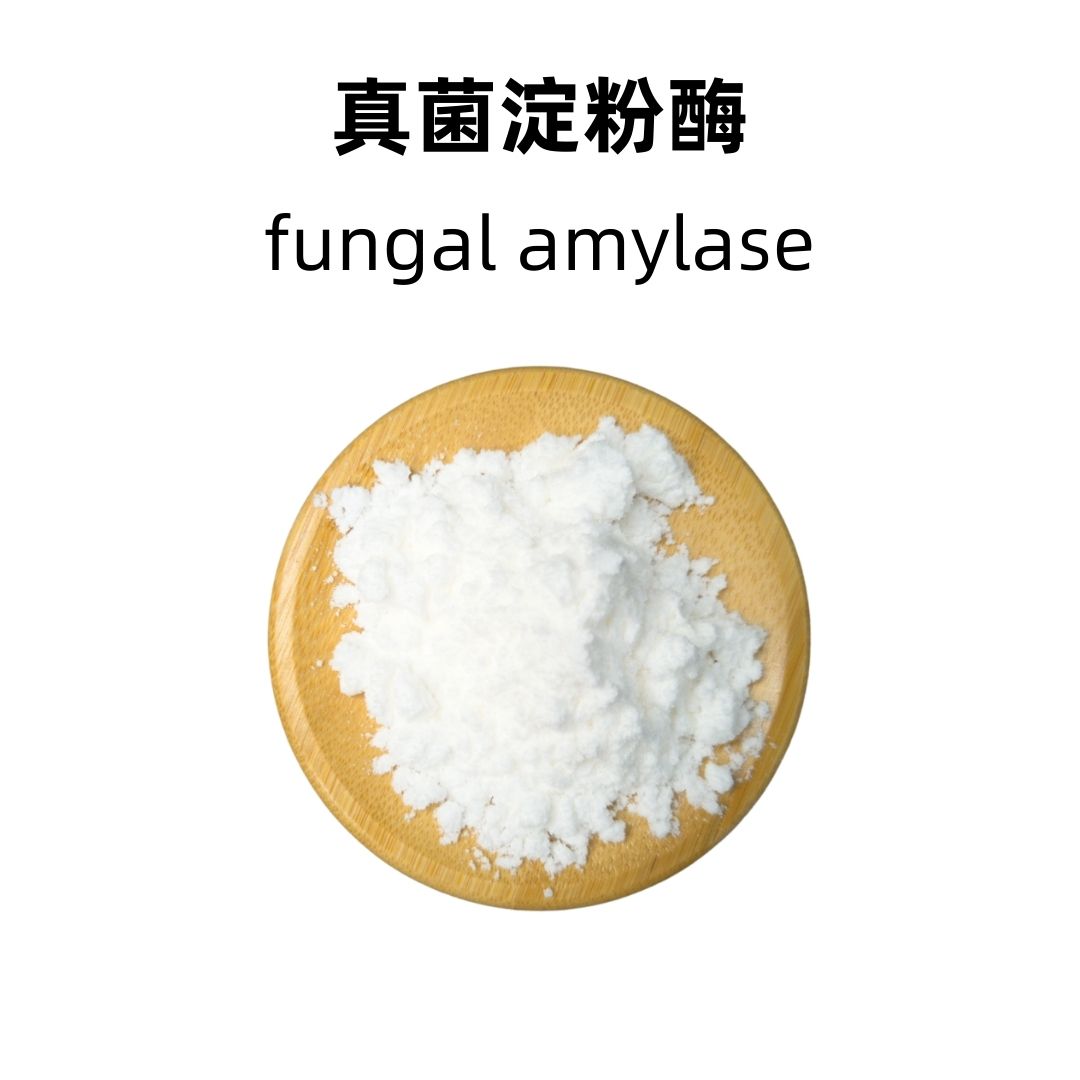Product Introduction
Phospholipase A2 is an enzyme that catalyzes the hydrolysis of phospholipids to lysophospholipids and free fatty acids. It is important in various biological processes, including inflammatory reactions and cellular signaling. This enzyme is naturally occurring in snake venom, pancreatic secretions, and various microbial sources, making it significant across different fields.
Production Process
Phospholipase A2 is usually produced through fermentation processes, where specific bacterial or fungal strains are cultivated. These microorganisms are selected for their ability to express the enzyme efficiently. After fermentation, the enzyme is purified from the biomass using various biochemical techniques such as centrifugation, filtration, and chromatography to obtain a high-purity product.
Effects and Functions
The primary function of phospholipase A2 is to hydrolyze the ester bonds in phospholipids, releasing fatty acids. This action leads to the generation of lysophospholipids, which are essential in cell membrane dynamics, inflammatory responses, and signal transduction pathways. The free fatty acids released can also serve as energy sources or precursors for bioactive lipid mediators.
Application Scenarios
Phospholipase A2 finds applications in several sectors. In the pharmaceutical industry, it is studied for its roles in drug formulation and delivery systems. The food industry utilizes this enzyme to improve the texture and stability of food products. Additionally, it is used in research settings to investigate lipid metabolism and membrane biology, contributing to advancements in biochemistry and molecular biology.
Packaging and Storage
Storage Conditions: The product should be sealed, protected from light, kept away from high temperatures, and stored in a dry, cool, and well-ventilated place.
Packaging: Bulk: 25 kg per fiber drum. Sample: 1 kg per aluminum foil bag. Custom packaging is available upon request.
Shipping Methods: FedEx, DHL, dedicated logistics, and sea freight consolidation.
Shelf Life: Two years.
Monica Sun possesses extensive technical expertise and market insights in the food additives industry. She excels in designing efficient and safe additive formulations tailored to various food applications, ranging from sweeteners to functional dietary fibers. Monica has successfully assisted food manufacturers in optimizing ingredient combinations to enhance product quality and improve consumer satisfaction.









